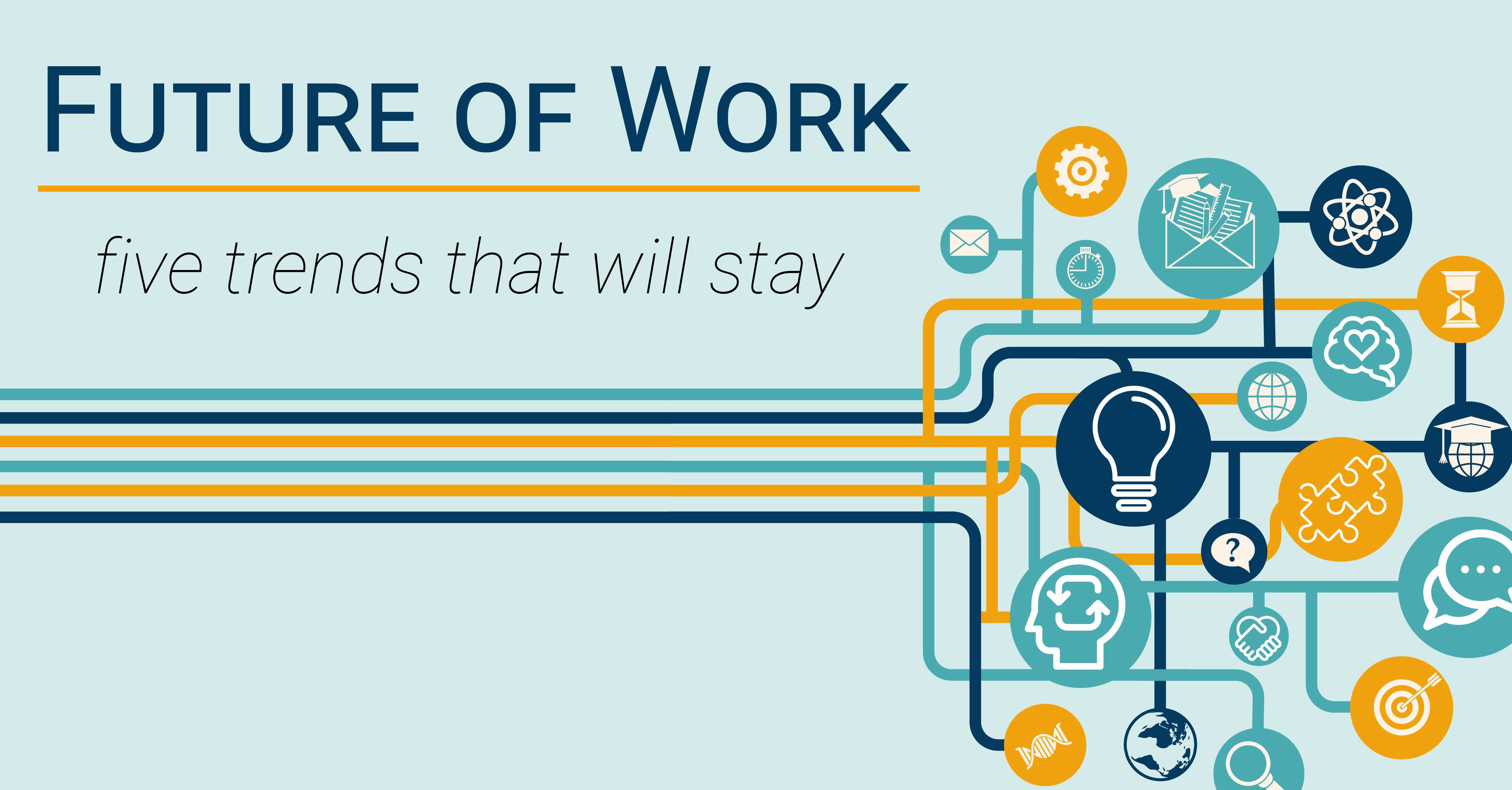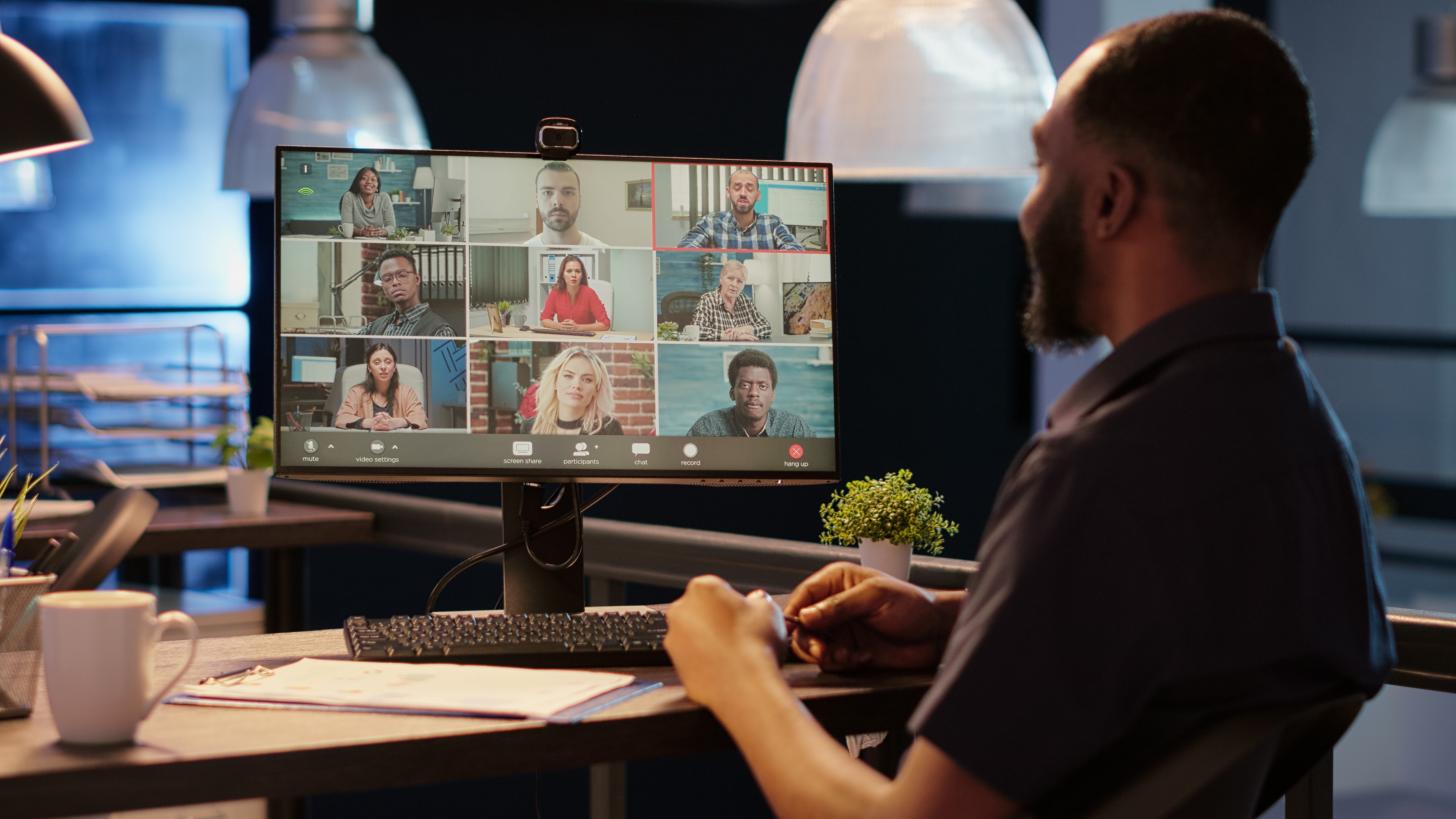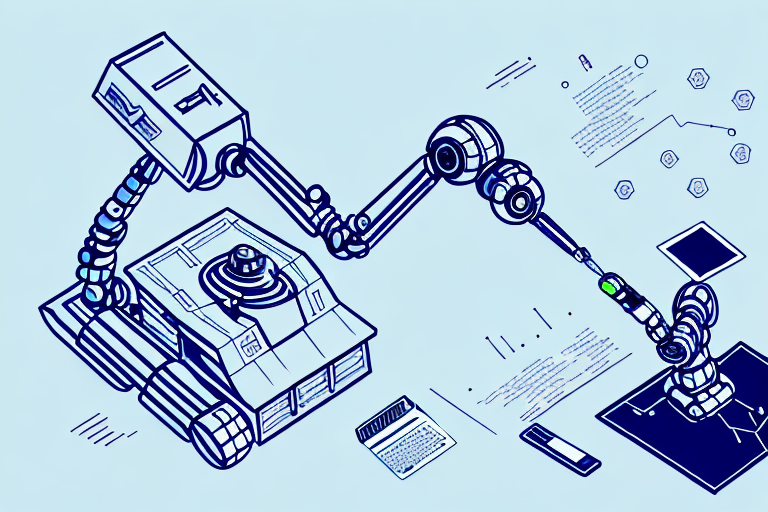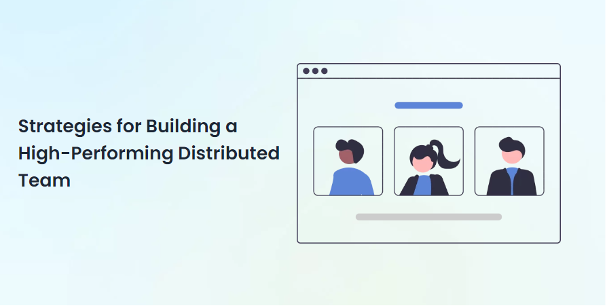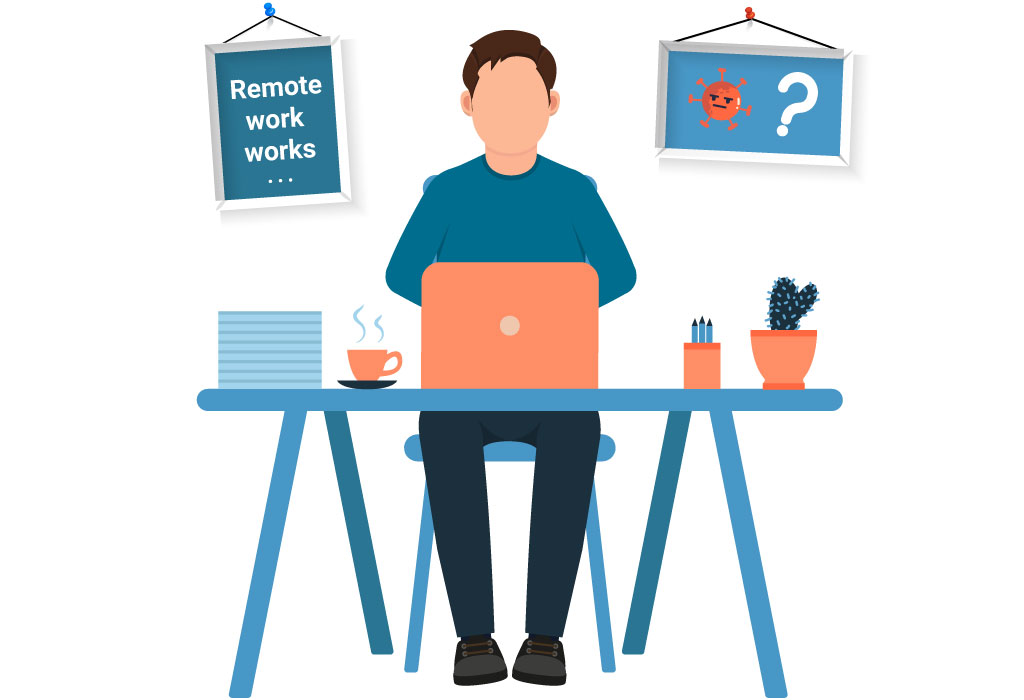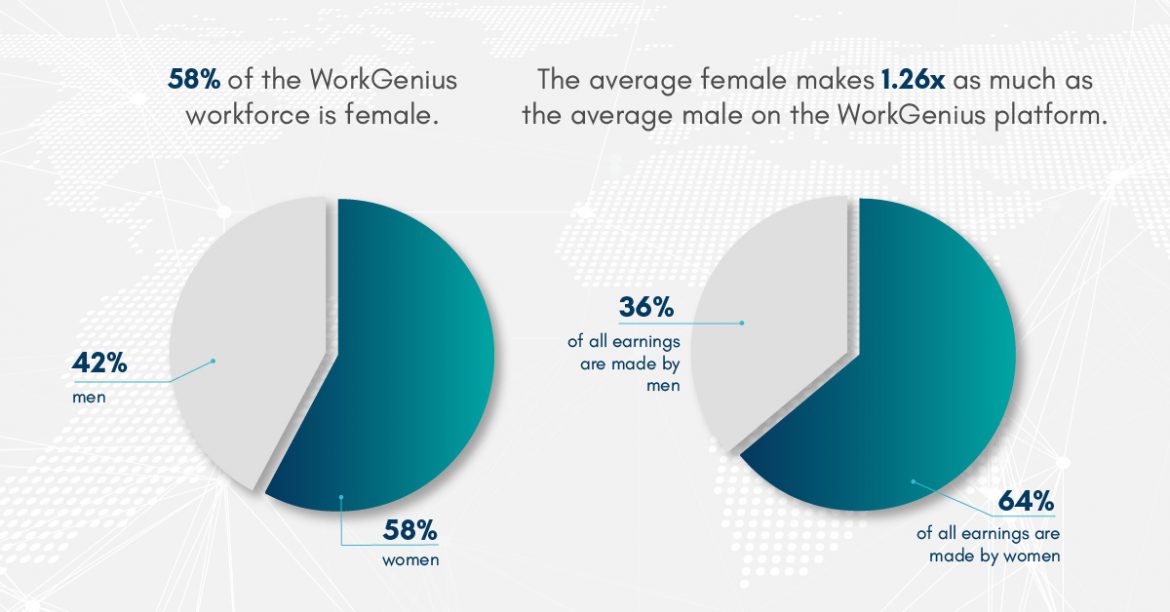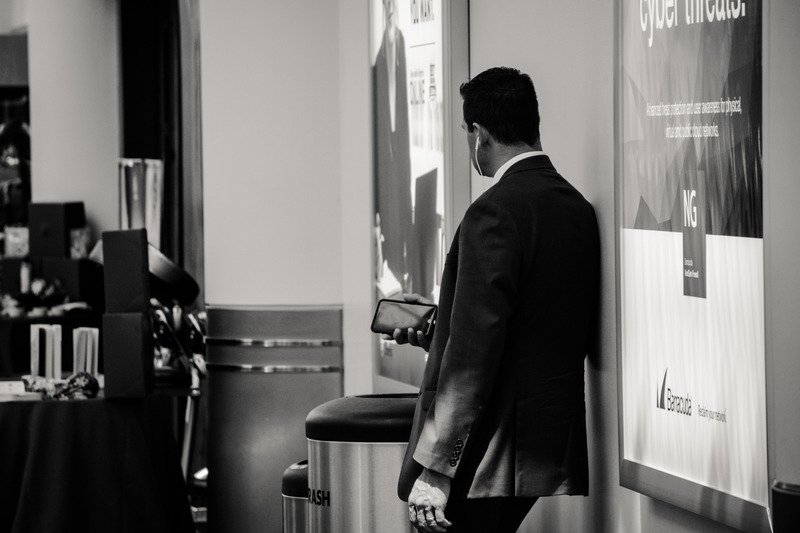By Daniel Barke
We are now facing the greatest crisis of the 21st century due to the coronavirus (COVID-19) pandemic. Apart from the social upheavals, it is also transforming the workplace. On the one hand, unavoidable redundancies, insolvencies, and professional reorientation; on the other, new opportunities.
These circumstances are forcing many companies to question their established working models. After all, digitalization and flexibilization are crucial if they are to remain able to work during the crisis. What changes, restrictions, and opportunities does the crisis still hold in store? None of us can predict that. But it is already revealing numerous workplace-related trends that could be relevant in the long run. Some of them will remain beyond coronavirus (COVID-19).
The trend towards other working models
Fundamentally, about 40% of workstations are suitable for remote work. Why did only 12% of all employees work in a home office before the crisis? Many companies are now compelled to work flexibly, which far exceeded their expectations for it. Thanks to the digitalization driver coronavirus pandemic, the figure has ramped up to 41%. And the use of flexible working models is becoming increasingly appealing to companies: More dynamic conditions and more concentrated work ensure greater efficiency and performance. Appointments can take place virtually, and agile project management saves time. The desire for more freedom has also increased among 60% of employees: they want to retain the option of flexible work arrangements—even after the crisis.
The future: skills-based vs. job-bound work
The half-life of skills and knowledge reduces continuously. In many segments, it is down to only 5 years. Here, too, flexibility is moving into focus: in the future, employees will step in less job-bound and more task-based. Special technical skills and skill sets will be given more emphasis. In addition, cooperation with freelancers is becoming increasingly important for companies. A recent Gartner survey shows that 32% are already replacing full-time employees with temporary employees to save costs.
The (leadership) culture will be redefined
Satya Nadella, CEO of Microsoft, is certain: “The world is now experiencing two years of digital transformation condensed in two months.” The forced progress in digitalization also means new opportunities and challenges for executives. “Digital leadership” must be discovered. This brings with it new responsibilities and demands a rethinking of corporate culture on a social level.
Increasing work outside the office means a big step towards autonomy—through proactive working methods on the part of the employees and trust-based management leadership. Companies need to relinquish control to a certain extent and to take a step back from a culture of presence and rigid, outdated management style. At the same time, management is becoming more personal than ever, and it does so through new challenges: the mental stability of the team, mental health, and communication demand a new leadership culture. How can I remotely create a familiar working atmosphere and promote cohesive teamwork? Companies must now use new ways to stay connected on a social level, but digitally.
As the implementation of flexible working models progresses, the concept of core working hours must also be reconsidered—both politically and within the company. Especially for employees with families, new, more flexible ways of organizing time in the home office are essential.
A new workplace for Generation Z
The last crisis and all the radical changes it entailed took place ten years ago. This means that generations Y and Z have only experienced a positive, up-and-coming economy. They will have to face the challenges posed by coronavirus with flexibility and willingness because requirements will change in the future—in positive and negative ways.
What changes: the system of values and the recognition of professions and companies
Coronavirus has made us more aware of the importance of many professions, e.g., the shortage of skilled workers in the health sector. The growing appreciation of system-relevant activities is leading to the upgrading of these occupational profiles. The increasing attractiveness could consequently counteract the shortage of skilled workers because the change fits in with the shift in values of Generation Z. Safety and sense of purpose are the most important factors in their choice of occupation. These aspects are beginning to gain more attention, e.g., in nursing professions and public service.
The way companies are behaving during the crisis will also be decisive for their reputation in the future. How were employees treated during this difficult time? This question has a great influence on the employer branding of companies; ultimately, on its relevance for future applicants.
Bottom line:
Flexible working would have been possible for years thanks to digitalization. A medical crisis has forced us to implement models on a large scale that many companies previously deemed impossible. It is now important to integrate these structures in a sustainable manner. How can we meet the trends and anticipate the need to catch up? By looking at the crisis as an opportunity and positioning ourselves with an eye to the future.
